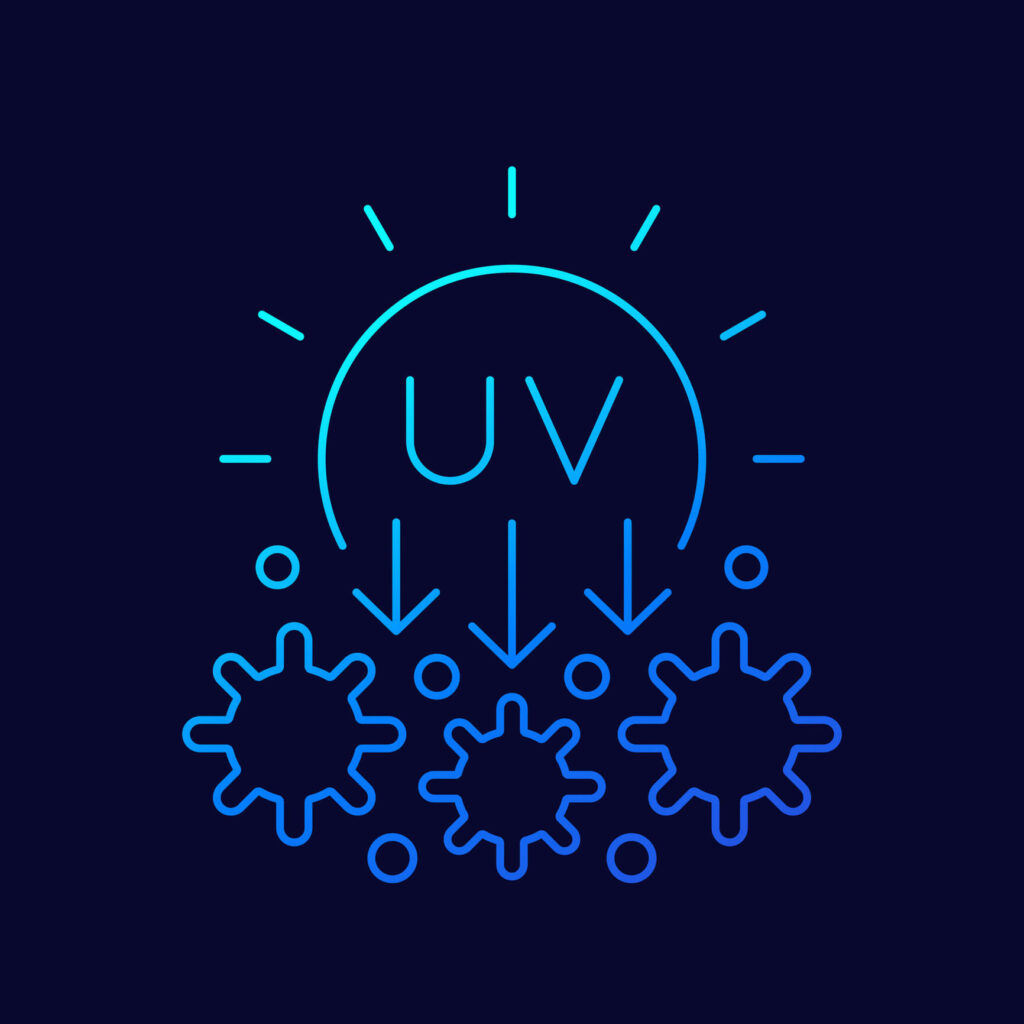UV lights have been used for decades to sterilize equipment and surfaces in hospitals and other settings. They have recently gained attention for their potential to help alleviate allergy symptoms. UV lights are marketed as a solution for allergens, including mold, bacteria, and viruses, that can exacerbate allergy symptoms. While UV lights can effectively reduce certain allergens, their effectiveness in alleviating allergy symptoms is still up for debate.
UV lights work by emitting high-frequency radiation that damages the DNA of microorganisms such as bacteria and viruses, rendering them inactive. When installed in an HVAC system, they can help reduce the amount of mold and other allergens that circulate through the air, reducing allergy symptoms for some people.
However, UV lights have limitations when it comes to allergens such as dust, pollen, and pet dander. These allergens are not affected by UV lights and require other mitigation methods, such as air filtration, to be effectively removed from the air.
Additionally, the placement of UV lights in the HVAC system is crucial for their effectiveness. UV lights should be installed where they can effectively sterilize the air as it passes through the HVAC system, but not so close to the evaporator coil that they damage it or cause other problems.
Furthermore, UV lights need to be appropriately maintained to be effective. Dust and other debris can accumulate on the bulbs, reducing their effectiveness over time. Bulbs also need to be replaced periodically to ensure they emit enough radiation to be effective.
While UV lights have the potential to reduce specific allergens and improve indoor air quality, they are not a one-size-fits-all solution for allergy sufferers. It is important to identify the specific allergens that are causing symptoms and implement a comprehensive plan that includes a range of mitigation strategies, including air filtration, humidity control, and other measures.
In conclusion, UV lights can effectively reduce certain allergens in the air, but their effectiveness in alleviating allergy symptoms is still up for debate. UV lights should be used as part of a comprehensive plan that includes a range of mitigation strategies and should be properly installed and maintained to be effective. If you suffer from allergies, working with a qualified professional to identify the specific allergens causing your symptoms and develop a plan to manage them effectively is important.

